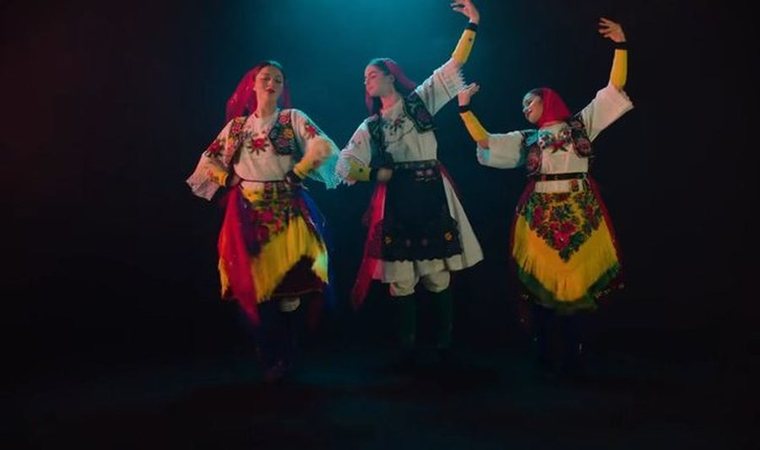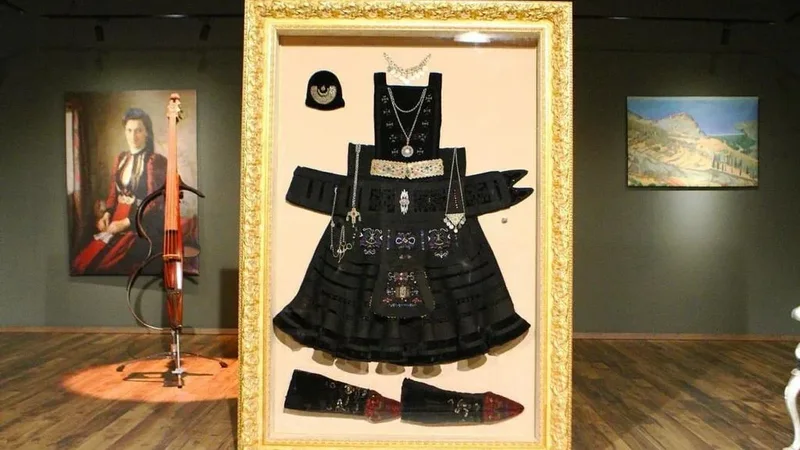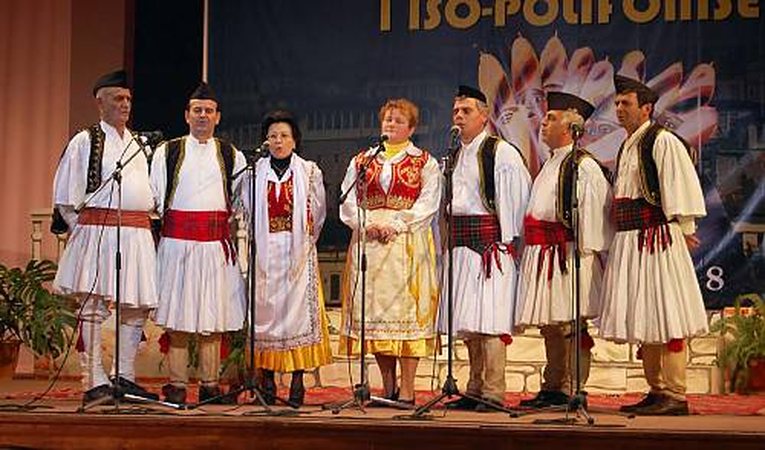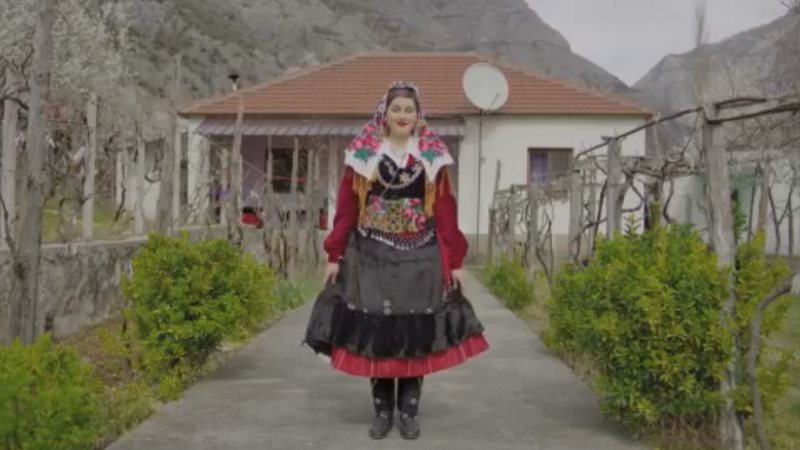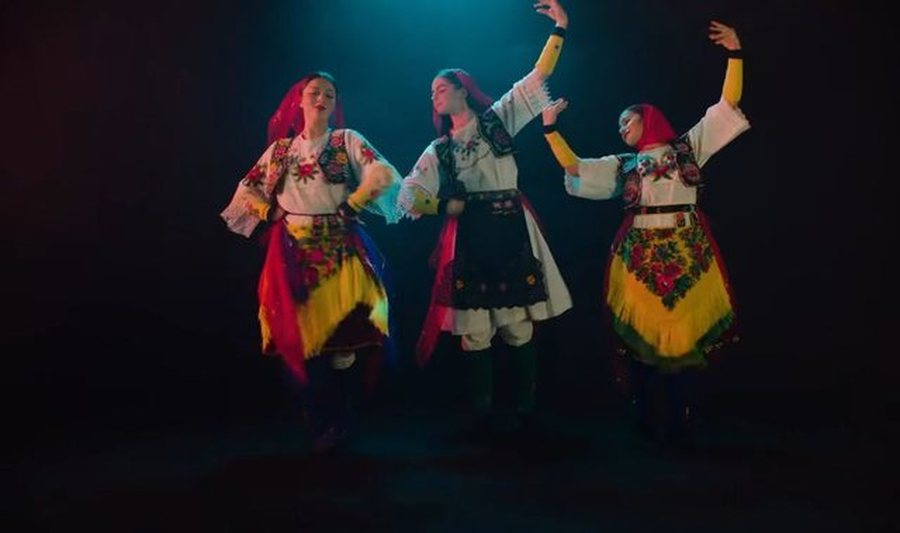
Albanian youth are interested and committed to preserving intangible cultural heritage, yet face gaps in knowledge and access. This is the result of a nationwide questionnaire conducted in Albania and the diaspora to measure the knowledge of young people aged 16-33 about intangible cultural heritage as well as their perceptions and commitment to preserving cultural traditions such as songs, dances, dialects and crafts.
The 35-question questionnaire, conducted as part of the European Union-funded project “Heritage is our brand,” surveyed over 1,000 young Albanians from all 12 regions of the country and 11 other countries. According to the results, 95% of them expressed commitment and interest in preserving and promoting this heritage.
What is striking is that almost half of young people do not clearly distinguish the definition of intangible from tangible heritage, while some of them incorrectly identified archaeological sites as intangible heritage, indicating a significant lack of education in this field.
"Only 58.7% of respondents recognized all categories of intangible cultural heritage, while 41.3% chose incorrect definitions, indicating the need for broader awareness," the questionnaire states, reports A2 CNN.
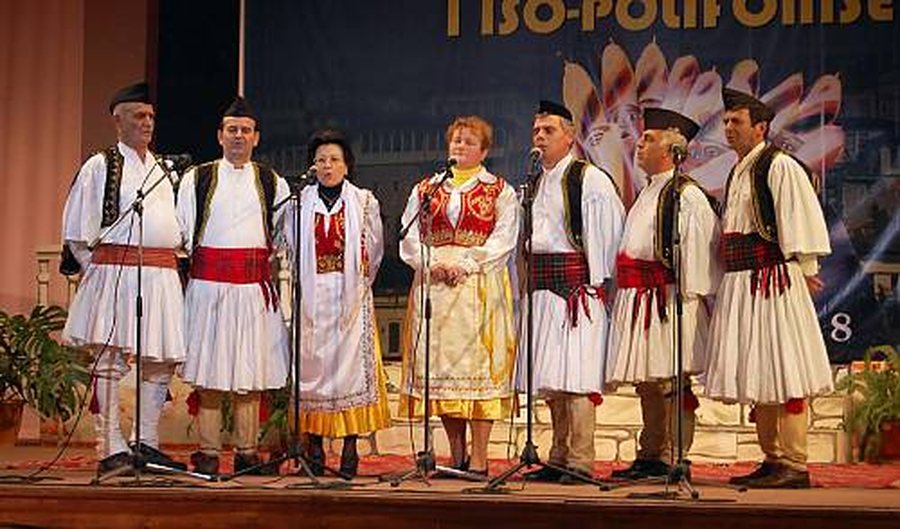
Most young people demand deeper integration of heritage into school curricula, but only a few of them participate in cultural activities within schools.
Family and local events remain key sources of transmission of traditions. The use of social media to highlight and learn about intangible heritage is growing, although dedicated platforms for this area are still little known.
The results also show that songs, dances, and dialects are the most popular forms, while crafts remain less well-known.
"64% of young people recognize traditional songs and dances as intangible heritage, 58% of them know dialects, 51% fairy tales and legends, and only 27% know crafts," A2 CNN quotes.
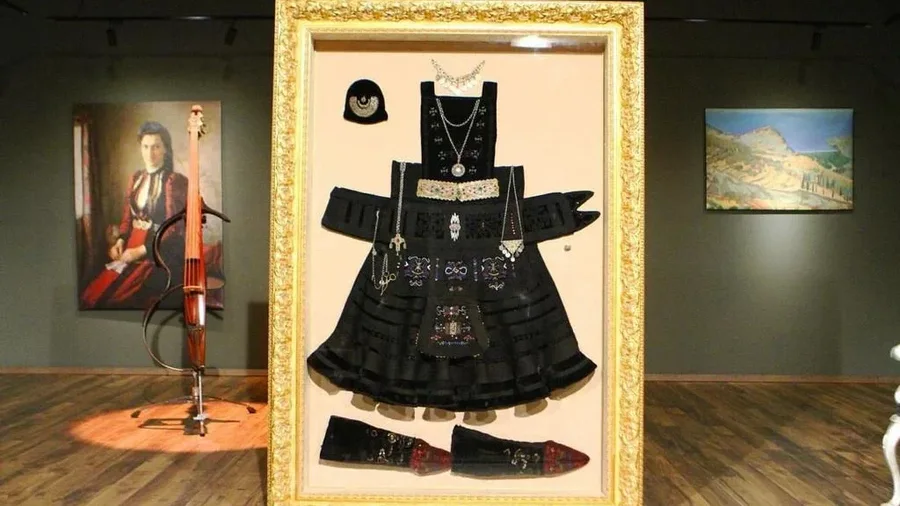
It is worrying that many young people have little knowledge about the Xhubleta and Transhumance, which are currently part of UNESCO.
"Young people have knowledge about the Tropoja Dance and isopolyphony, which are now part of UNESCO, while they have shown less knowledge about Xhubleta and Transhumance, which are not known even in their regions of origin," the report states, writes A2 CNN.

Based on the findings, the report recommends increasing institutional efforts to integrate heritage into education, as well as strengthening the role of communities and youth organizations.
This study comes at a time when Albania is progressing towards integration into the European Union and emphasizes the importance of preserving intangible cultural heritage as a national and international asset. (A2 Televizion)

